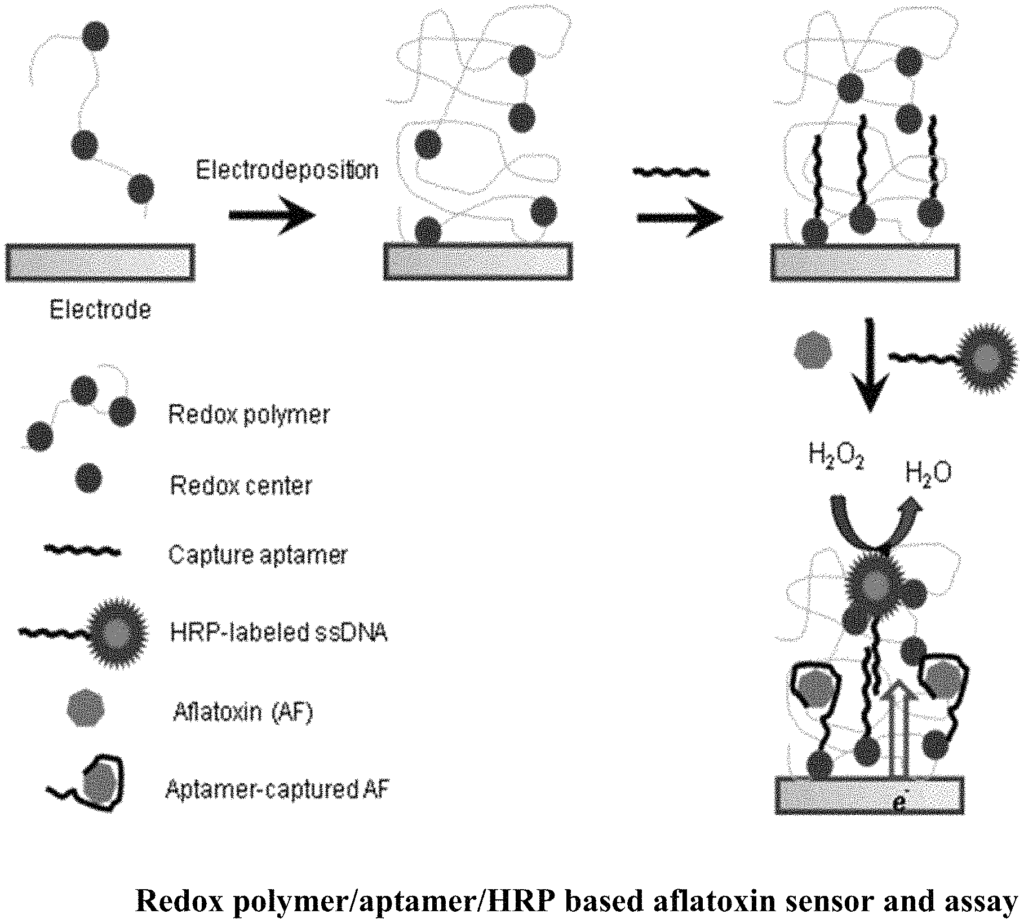Breakthrough Biosensors for Precision Health
Introduction
Imagine a biosensor so sensitive it detects minute changes that others miss, elevating diagnostics to a new level of precision. These ultrasensitive electrochemical biosensors offer remarkable sensitivity and selectivity, making them invaluable for applications in health diagnostics, environmental monitoring, and food safety. They represent a powerful step forward for industries that depend on detecting trace biochemical interactions quickly and accurately.
The Issue: Limits of Conventional Detection
Standard biosensors, while beneficial, often lack the sensitivity required for applications where trace levels of substances must be detected with high accuracy. In fields like medical diagnostics, such limitations could mean delayed detection of diseases or the inability to monitor critical biochemical markers at low levels. The challenges extend to environmental monitoring, where traditional sensors struggle to detect low-concentration pollutants or toxins, making real-time, precise assessment difficult.
Elevating Sensitivity and Specificity
This patented biosensor excels in ultra-precise detection due to its unique electrochemical design. With an innovative architecture, it increases the electron transfer rate, significantly amplifying detection signals even at extremely low concentrations. This advancement allows for unparalleled sensitivity, enabling detection of biomarkers and contaminants at levels previously unattainable with conventional sensors. The technology integrates seamlessly into laboratory setups or field devices, providing scalable solutions that serve both high-throughput lab environments and portable diagnostic needs.
Transformative Benefits Across Vital Industries
In medical diagnostics, this biosensor enables earlier detection of disease markers, supporting better patient outcomes through timely interventions. The technology is equally transformative for environmental monitoring, offering the capability to identify contaminants like heavy metals and toxins at micro levels, essential for ensuring environmental safety. Food safety and pharmaceutical sectors benefit too, with applications in detecting pathogens or impurities in samples, protecting consumers, and ensuring compliance with health standards. Biotechnology researchers will also find this biosensor valuable for high-sensitivity studies where precise biochemical measurements are critical.
Unlock Unmatched Detection Potential
Licensing this biosensor places your organization at the forefront of precision diagnostics and monitoring. Whether your focus is on patient care, environmental safety, food quality, or advanced biochemical research, this biosensor opens doors to new levels of sensitivity and accuracy. It’s an investment in cutting-edge technology that supports breakthroughs in diverse industries, offering a competitive edge by meeting the rising demand for precision in monitoring and diagnostics.

- Abstract
- Claims
The invention claimed is:
1. A method for the detection of biological targets, comprising providing a biosensor comprising an electrochemical cell comprising a reference electrode, a working electrode, and a counter electrode in a shared volume, the working electrode having fixed to its surface a redox polymer,
10. A biosensor comprising:
Share
Title
Ultrasensitive electrochemical biosensors
Inventor(s)
Yongchao Zhang, Aeshah Alshehri
Assignee(s)
Morgan State University
Patent #
11782011
Patent Date
October 10, 2023
